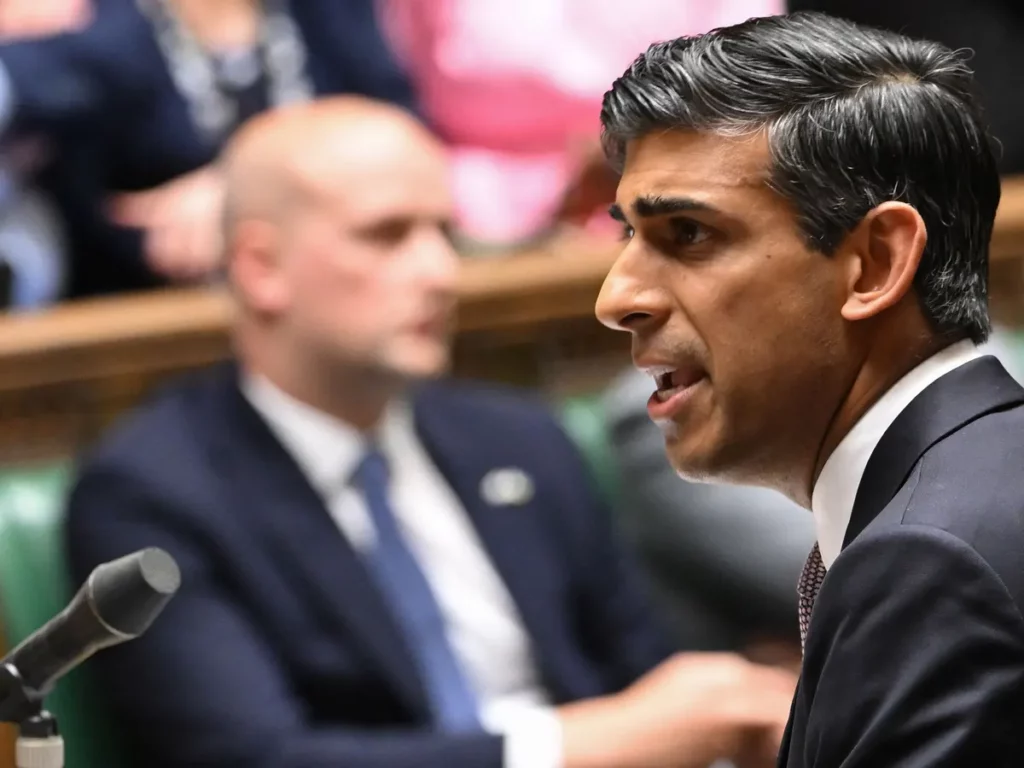Gender Ideology, LGBT+
UK draws up “blacklist” of countries that have adopted transgender premises
Here’s a story I never expected to see: According to the Daily Mail, government ministers in the United Kingdom “have drawn up a blacklist of countries that they say allow people to change gender too easily—meaning their citizens will be forced to comply with tougher British rules if they move to the UK.” According to Whitehall sources, the over 50 countries and American states have been “removed from a list of jurisdictions regarded as having sufficiently robust processes for recognising gender.” Countries such as New Zealand and Belgium are on the blacklist; so are states such as New Jersey and Maine.
In other words, in California you might be able to be a strapping, bearded male who identifies as a “non-binary transgender woman” with the pronouns they/their, but if you want to move to the U.K., you might not be able to take that baggage with you. The Brits aren’t buying it.
According to the Mail, the “move comes amid growing concern within the Government about the relaxation of gender-recognition rules around the world.” Previously, people coming to the U.K. from Belgium or New Zealand, for example, would simply be give a “gender-recognition certificate” automatically, allowing them to be legally recognized as the gender of their choice on legal documents. This will now change. Those arriving in the U.K. from blacklisted places will have to apply for a U.K. certificate. One source told the Mail: “Lots of countries are out of kilter with the UK now so this is about redressing the balance and making sure if someone has a gender-recognition certificate, they have gone through the same process as everyone else.”
Countries that permit “self-identification” – in which no medical professional or judge is involved in the process of legally changing gender, which is simply done on request – include Argentina, Chile, Denmark, and Costa Rica. Germany, Spain, Sweden, and the Netherlands are considering it; the U.K. vetoed gender self-identification legislation in Scotland a year ago, and U.K. rules currently mandate that people can only legally change their gender once they are over 18 years of age, have obtained a diagnosis of gender dysphoria from a doctor, and have lived as the opposite sex for a minimum of two years.
As I noted at LSN on November 29, the backlash against transgender extremism in the UK has, almost uniquely in the anglosphere, been politically bipartisan. After the defeat of Scottish leader Nicola Sturgeon’s very unpopular gender self-recognition bill last year, Labour leader Sir Keir Starmer cast about for a politically viable position as it became increasingly clear that the position of the transgender movement and much of the Left—which he had previously endorsed—was wildly out of step with the views of the voters he hopes will put him in power. His current position is that he supports simplifying the process but also protecting some female-only spaces as sex-segregated.
Time will tell if Starmer has threaded the needle effectively enough to neutralize the inevitable Tory attacks on progressive insanity run amok or whether the stagnating Conservative Party is doomed regardless of how badly he botches the issues animating voters. Liz Truss, who was infamously prime minister for a mere 44 days, is spearheading a private member’s bill that rejects “social transitioning” by minors and would also, according to the Mail, “prevent under-18s from accessing irreversible hormone therapy and protect single-sex spaces in law.” A number of prominent Tories have been defending the law in Parliament, and it is a testament to just how unpopular the transgender agenda is that so many MPs are willing to speak with such moral clarity on the issue.








